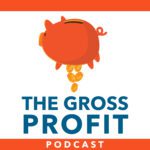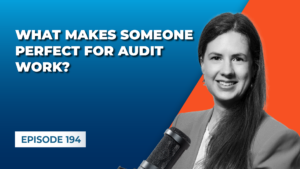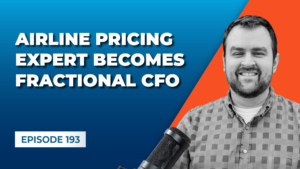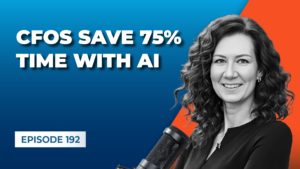Mike Michalowicz is a celebrated author and speaker who has led a successful career in accounting and business. He recently released his latest book, Profit First, which offers up some groundbreaking ideas about how to build profit.
Today, James and Garret present the main ideas of this book and engage in an open discussion about them. Drawing from several years of experience, they use this conversation to openly consider these new ideas and their implications for business owners and accountants.
On this episode you’ll hear:
- The core ideas found in Profit First by Mike Michalowicz
- The profit margins your business should aim for
- How to divide your money
- Other useful practices to increase profit
If you’re looking for some powerful new ways to think about profit, then this is one episode you won’t want to miss.
The Core Ideas Of “Profit First” By Mike Michalowicz
The book, Profit First, by Mike Michalowicz, is essentially about the concept of paying yourself first. There are several other books that recommend the same idea, such as “Rich Dad, Poor Dad”, for example. This means that as a business, you need to pay yourself first and then after that, you can make sure that you can pay all of your employees. This book’s concept would be best suited to small business owners who have become successful. That change from being an employee, becoming self-employed and to employing people is very hard to navigate for many people.
Traditionally your sales (minus your expenses) are equal to your profit. Mike Michalowicz changes that idea and suggests taking out whatever profit you believe you should take out and whatever is left is what you have to run the business with. He notes that the bigger your company is, the less profit percentage you are going to have and he even provides a table of what profit different sizes of business should aim for.
How To Divide Your Money
The statistics vary from book to book, but it is widely accepted that once a business reaches a certain size, there should be a certain net profit that comes along with that number. If you aren’t hitting that number, you need to know why.
Mike uses the analogy of the problem not being the numbers, instead it’s the people. If a profit is considered normal for the top performers in an industry, why shouldn’t your compensation reflect that?
He also refers to dieting advice. When you’re on a diet, you often hear the advice that you should use a smaller plate and make your food look like more. Mike says that what you do is you set up a number of foundational accounts, you have one account your suppliers pay you and as soon as the money enters the account you split it straight away. The first thing you do is you give the government their money (so the sales tax and income tax by keeping it in a separate bank account that you do not have online access to. Mike Michalowicz also says to put your profit away. He has two things. TAPs are the Target Allocated Percentage and you put what profit you want to get in TAPs.
In Ireland, the government gives you what is basically 18 months of a break on taxes for your first 18 months of your business. This is because these are the most common months for businesses to encounter some form of financial trouble and once they have finished that tax break, it’s fine because if a business can set off properly, then that means the government is more likely to definitely receive their taxes every year after that.
If you would like to read Profit First for yourself, make sure you check it out down below!




